Denmark's Coalition Politics: Navigating Governance With A Slim Majority In 2025
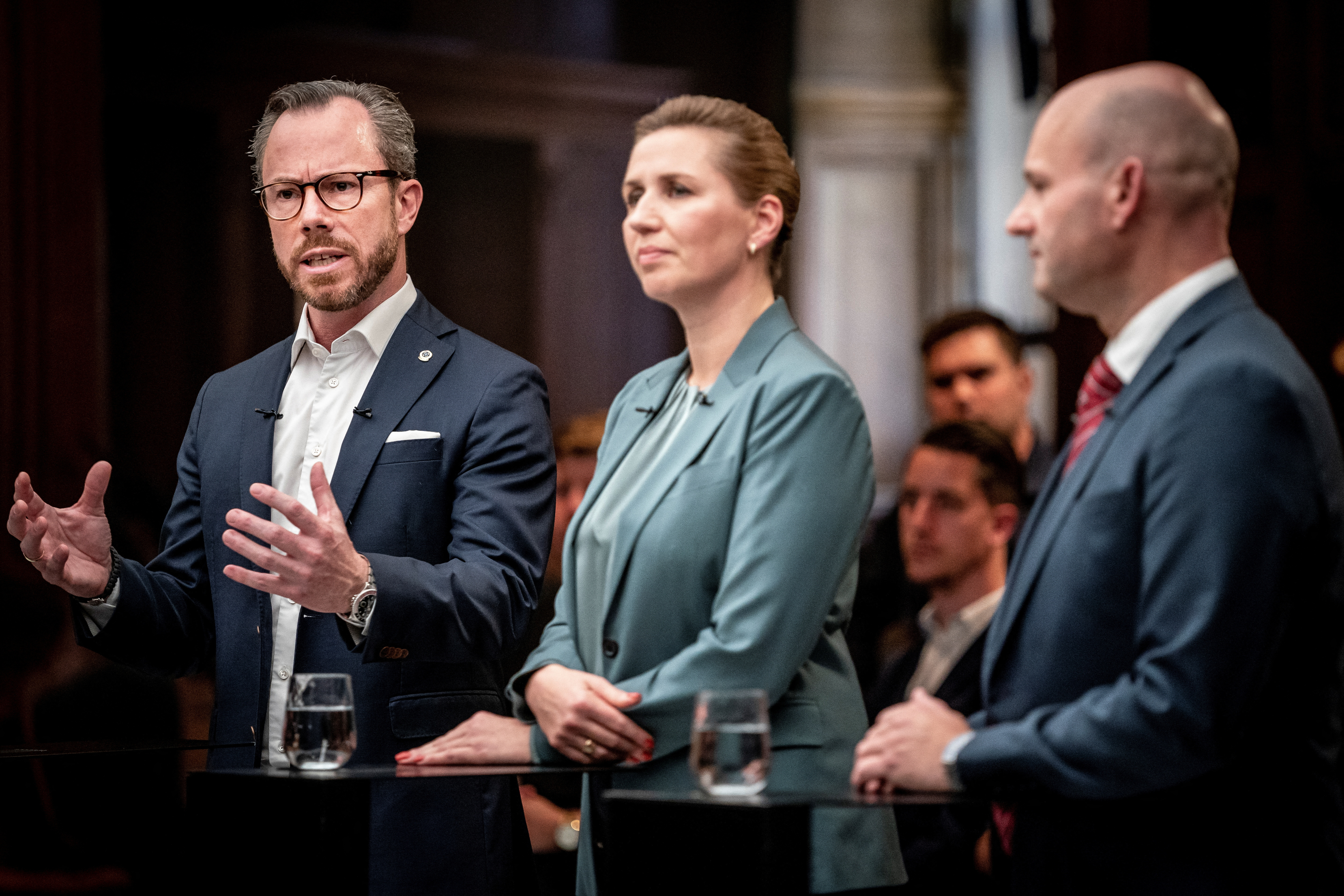

Denmark has long been known for its stable democracy, consensus-driven politics, and the ability of its leaders to negotiate across party lines. Yet in 2025, the country finds itself grappling with the challenges of coalition politics in a climate where slim majorities dictate the future of governance. While Denmark’s parliamentary system has always relied on cooperation, the current situation highlights both the strengths and vulnerabilities of such an approach in an era of heightened political complexity.
The 2025 political landscape in Denmark is defined by a coalition government operating with only a narrow majority. This slim margin of power means every parliamentary vote carries significant weight, and even minor disagreements among coalition partners can threaten the stability of the administration. Unlike countries where single-party dominance is common, Denmark’s political tradition makes coalition governments the norm rather than the exception. However, the dynamics of this particular coalition have attracted attention at home and abroad because of the precarious balance it must maintain to push forward legislation.
One of the defining features of Danish politics is pragmatism. Parties are often willing to compromise in order to ensure that governance remains functional. Yet in 2025, compromise is harder to achieve as global issues intersect with domestic priorities. Climate change, energy security, immigration, and welfare reform are all pressing topics demanding immediate attention. Each party within the coalition brings different perspectives to these debates, shaped by their voter bases and ideological foundations. The need to find common ground, while also maintaining individual party identities, makes policymaking both delicate and time-consuming.
For Prime Ministerial leadership, managing this coalition requires not only political strategy but also constant negotiation skills. Every decision must be carefully calculated to avoid alienating smaller parties whose support is essential for survival. A slim majority amplifies the risk that internal disputes or defections could weaken the government’s position, forcing reliance on opposition parties or triggering a political crisis. In this environment, even routine parliamentary procedures become opportunities for high-stakes bargaining, with coalition partners often leveraging their influence to secure concessions on key issues.
Despite these challenges, Denmark’s coalition politics also demonstrates the resilience of its democratic system. The necessity of negotiation ensures that policies reflect a wide range of viewpoints, reducing the likelihood of extreme shifts in governance. For example, climate policy—an area where Denmark has long been a global leader—continues to advance despite ideological differences, because there is broad public support and political will to act on sustainability. The coalition’s slim majority compels it to pursue policies that resonate with a broad spectrum of society, rather than serving the interests of one dominant faction.
However, the fragility of a narrow majority can also slow progress. On issues such as immigration and social welfare, divisions are more pronounced. Some parties push for stricter immigration policies, citing social cohesion and economic concerns, while others emphasize inclusivity and humanitarian responsibility. Similarly, welfare reforms spark debate between those advocating efficiency and fiscal responsibility and those defending Denmark’s robust social safety net. These debates reflect the broader ideological tensions not only within the coalition but also in Danish society, where citizens demand solutions that balance tradition with adaptation to global realities.
The role of external factors cannot be overlooked in shaping coalition dynamics. Denmark’s position within the European Union requires alignment on trade, security, and regulatory issues, and the government must often negotiate between domestic concerns and European commitments. Moreover, global economic uncertainty and regional security challenges, particularly in relation to Russia and the Baltic region, add another layer of complexity. A slim majority makes foreign policy decisions especially delicate, as maintaining a unified stance requires careful balancing of competing priorities.
Public perception of coalition governance in 2025 is mixed. On one hand, many Danes value the inclusivity and representativeness that coalition politics provides. It is seen as a safeguard against authoritarianism and a reflection of Denmark’s commitment to democracy. On the other hand, frustration arises when policy decisions take too long or when compromises water down ambitious proposals. Citizens expect efficiency as well as accountability, and a slim majority often makes it difficult to deliver on both fronts simultaneously.
Looking ahead, Denmark’s coalition politics in 2025 will continue to test the resilience of its parliamentary system. The slim majority serves as both a challenge and a catalyst, forcing parties to work harder to achieve consensus while exposing the limits of cooperation. The success of this model will depend on the ability of political leaders to maintain trust among coalition partners, communicate effectively with the public, and adapt to rapidly changing domestic and global conditions.
Ultimately, Denmark’s current experience underscores a broader truth about modern democracy: governance in the 21st century is rarely straightforward. With complex challenges requiring nuanced solutions, coalition politics may be difficult, but it remains a reflection of democratic values rooted in dialogue and compromise. In navigating governance with a slim majority, Denmark once again demonstrates its capacity to balance fragility with resilience, proving that even under pressure, consensus can still guide the nation forward.
Film, TV, and entertainment industry news. Plus, every Friday, a special Awards Insider edition.
By signing up, you agree to our user agreement (including class action waiver and arbitration provisions), and acknowledge our privacy policy.
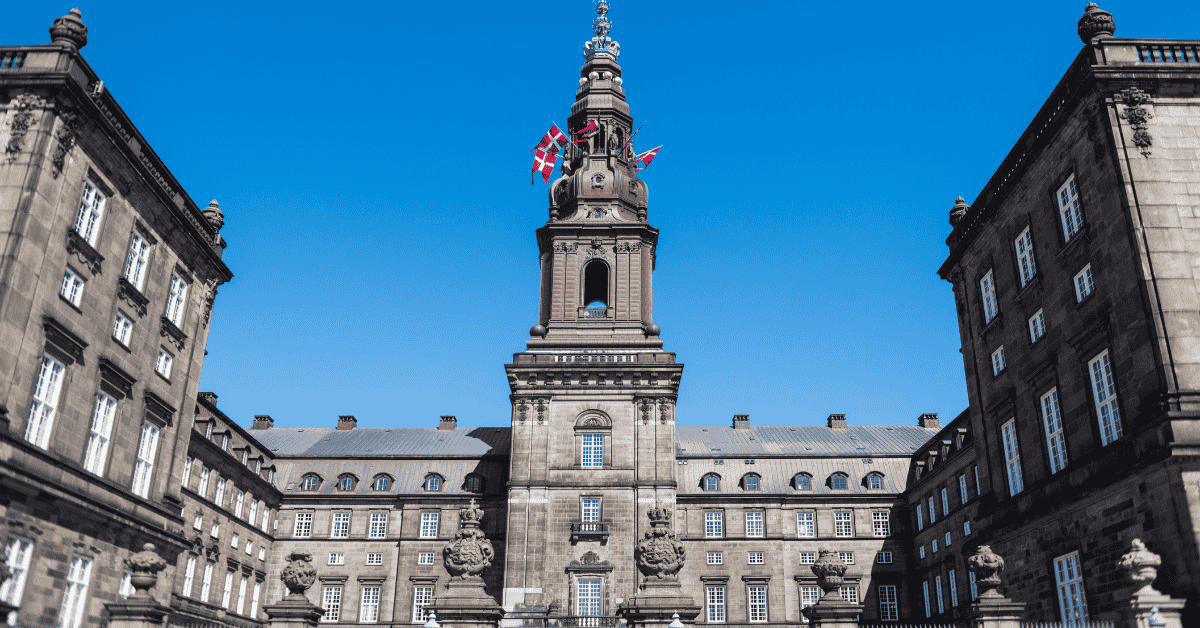
Denmark’s 2026 general election outlook reveals shifting voter dynamics, key political players, and the evolving role of coalition governance in shaping the nation’s future.
By Lærke Thomsen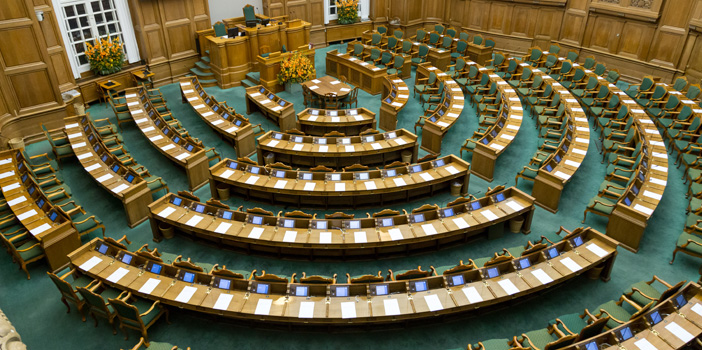
Denmark’s parliamentary democracy thrives on coalition building, showcasing a political culture of compromise, inclusivity, and stability in governance.
By Ida Rasmussen
Danish PM Mette Frederiksen firmly rejects U.S. interest in Greenland, stating “You cannot annex another country” while reaffirming Denmark’s commitment to the Arctic territory’s sovereignty.
By Emil Pedersen
Denmark plans to increase its defense budget by 50 billion kroner ($7 billion), pushing spending beyond 3% of GDP, marking the highest investment in over 50 years to strengthen military capabilities and support NATO.
By Emil Pedersen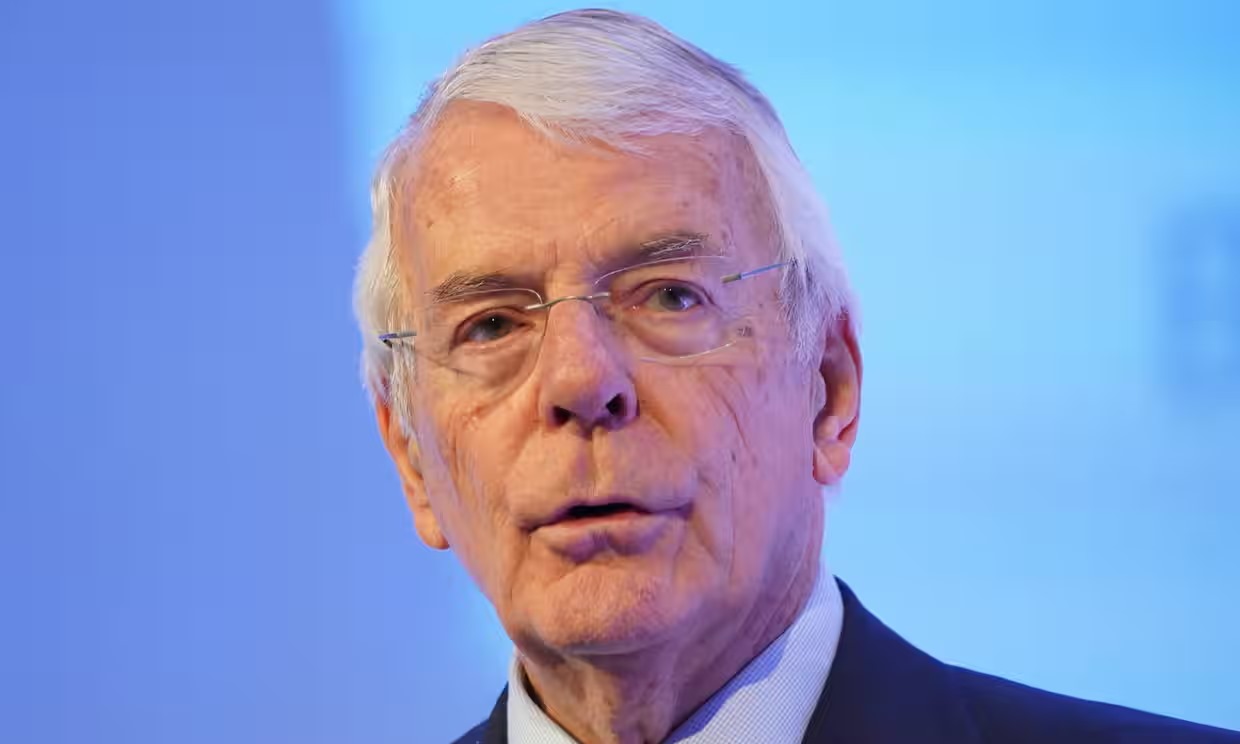
Former UK Prime Minister John Major warns that democracy is at risk due to Donald Trump's isolationist approach and China's growing global influence.
By Emil Pedersen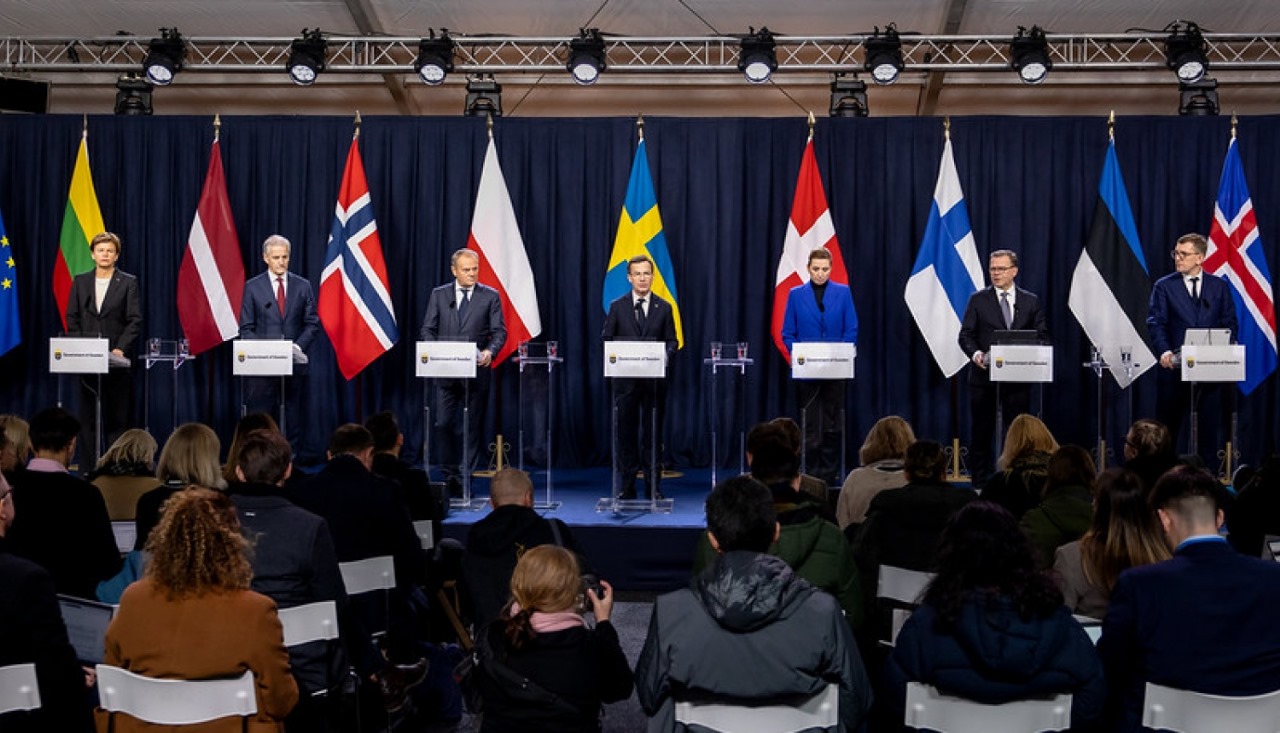
The Nordic and Baltic countries have reaffirmed their unwavering support for Ukraine in its fight against Russia, pledging to enhance military aid, economic assistance, and diplomatic backing.
By Lars Nielsen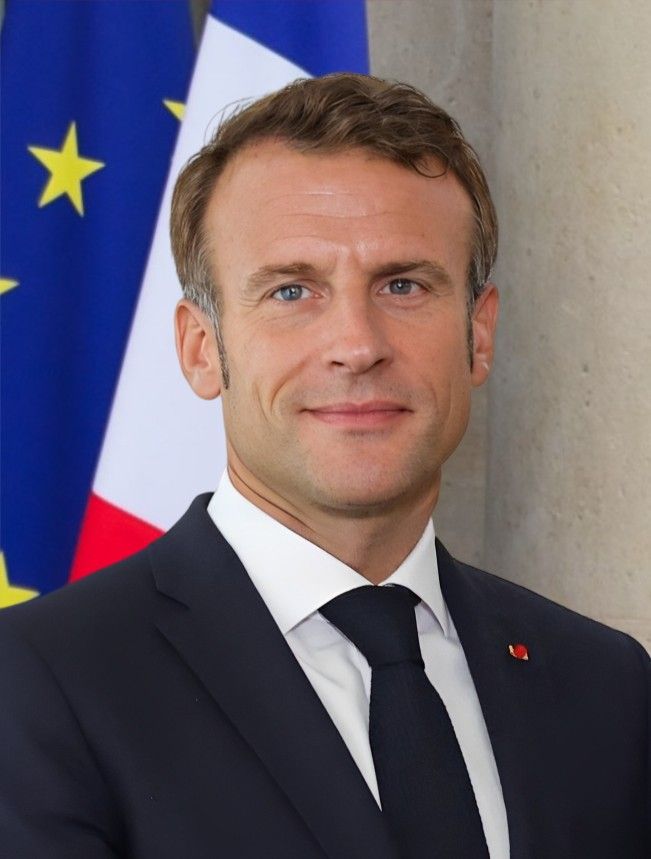
France, Ukraine war, European summit, Emmanuel Macron, European security, Donald Trump, NATO, Kyiv, Russia, diplomacy
By Emil Pedersen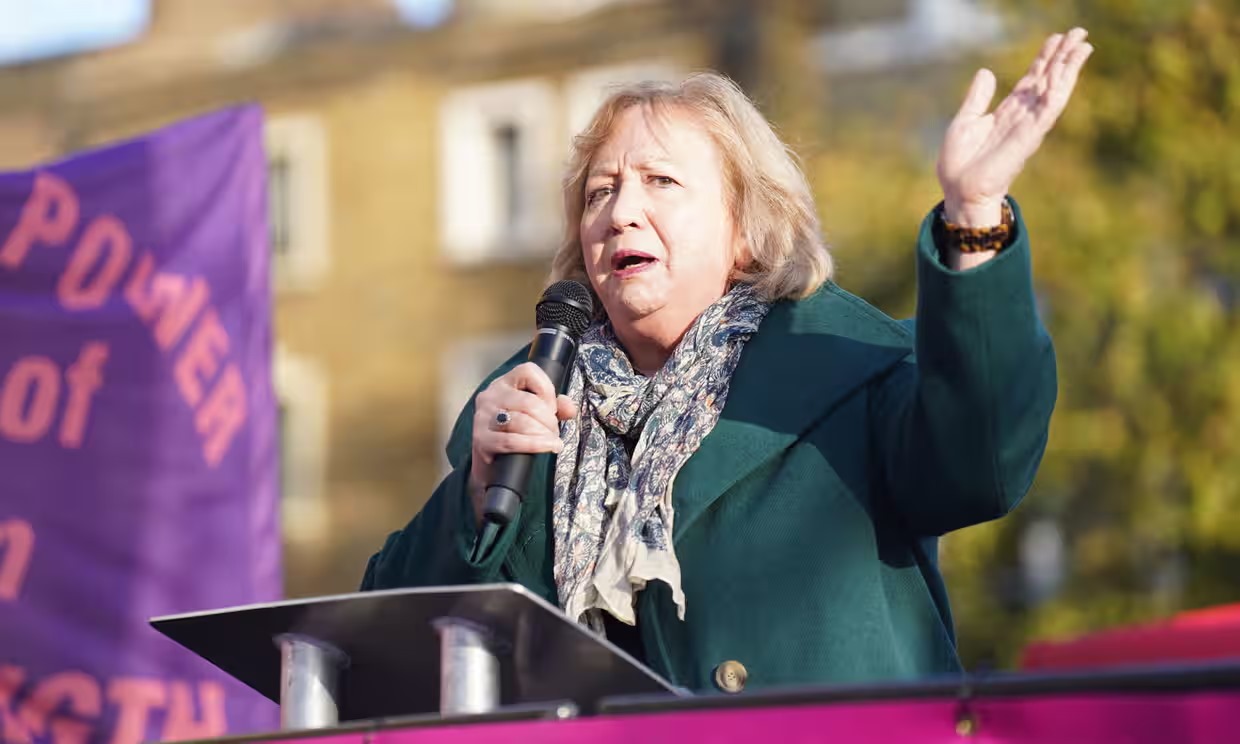
A growing coalition of union leaders, bishops, and refugee advocates has challenged the UK government's policy denying citizenship to refugees arriving via small boats. Critics argue the policy fosters division, risks escalating far-right rhetoric, and contradicts integration efforts.
By Emil Pedersen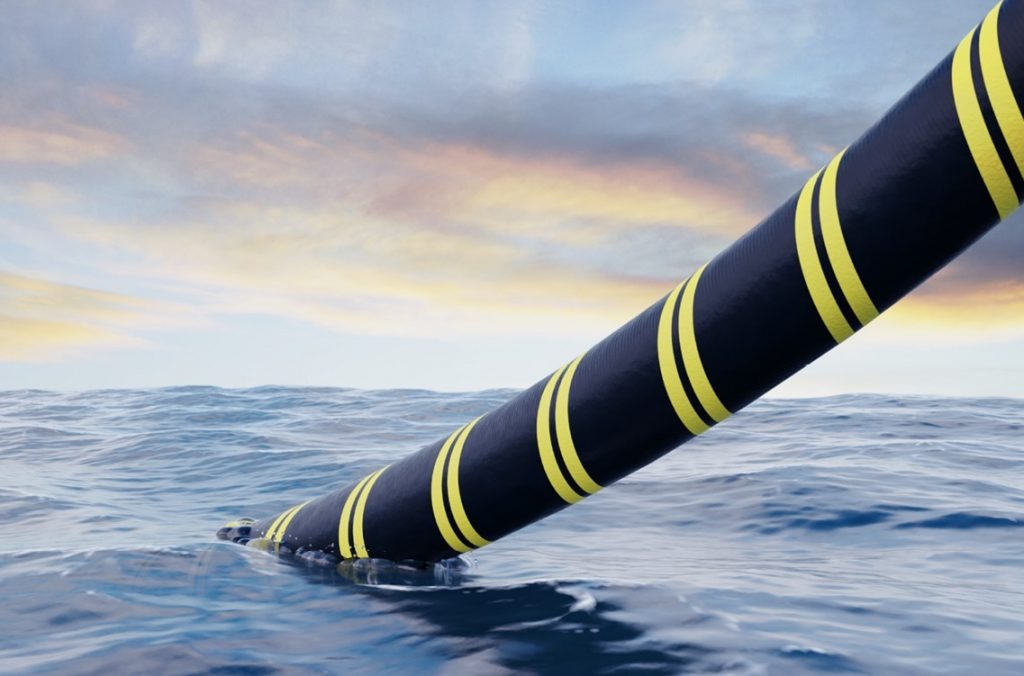
Sweden and Denmark are set to replace two aging undersea power cables, Konti-Skan 1 and 2, to enhance electricity transmission capacity between the two countries.
By Lars Nielsen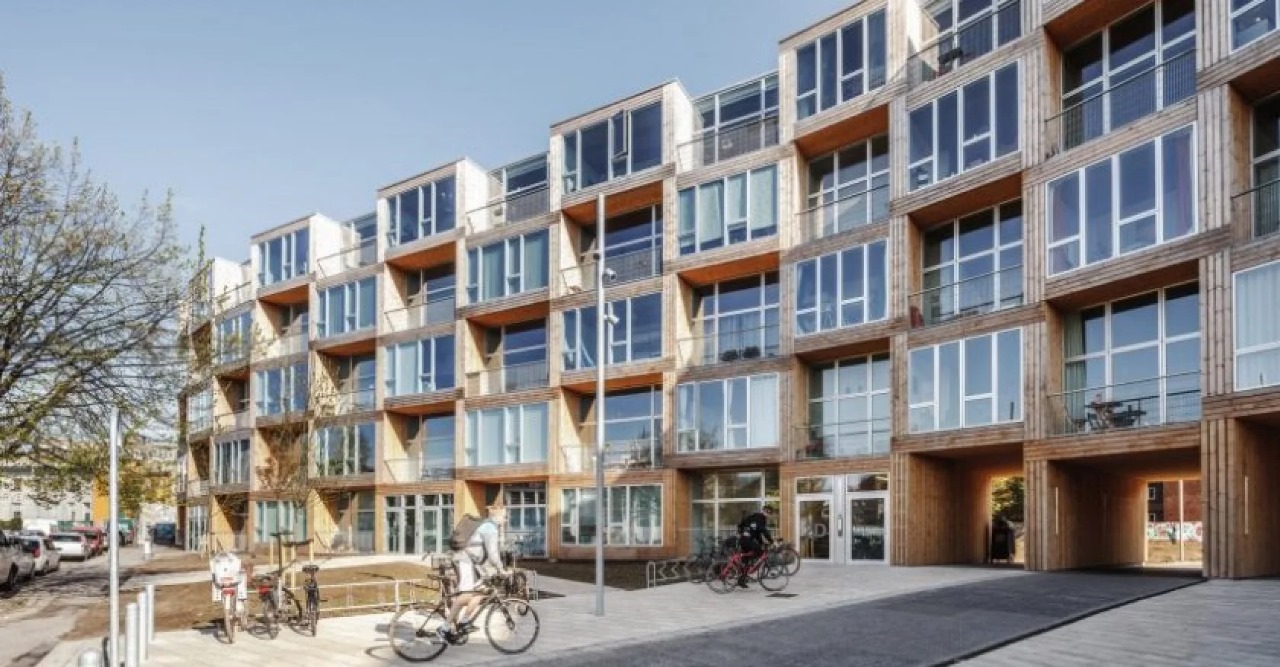
Denmark’s ethnic relocation policy faces EU court challenge over discrimination.
By Emil Pedersen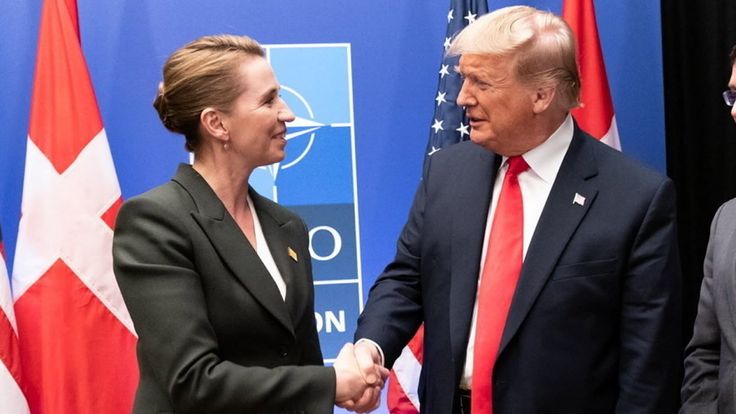
Greenland's independence movement gains momentum amid growing U.S. interest. Pro-independence party Naleraq sees Trump's comments and shifting U.S. policies as strengthening Greenland’s negotiating position with Denmark.
By Lars Nielsen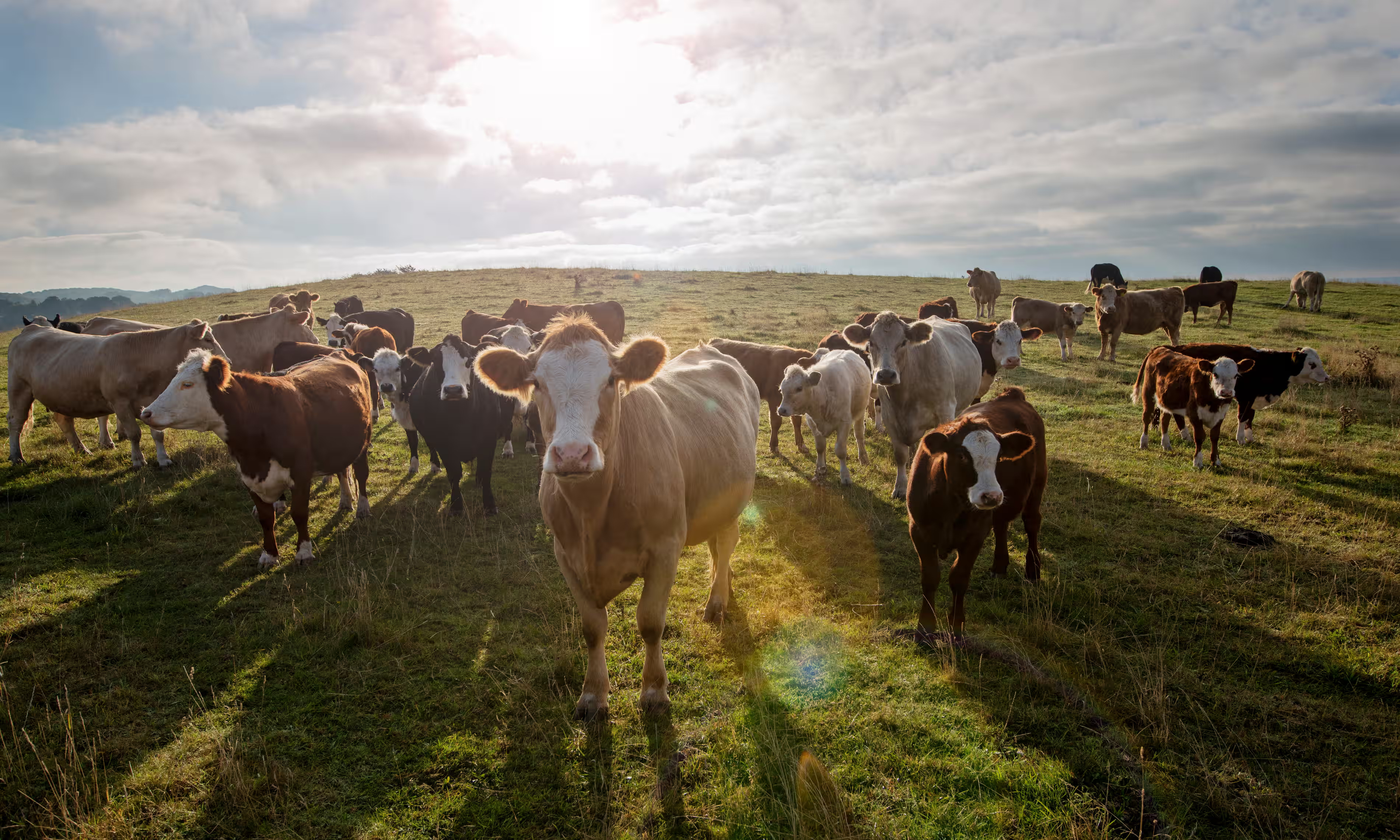
Denmark is investing €170 million in a plant-based food initiative to lower agricultural emissions, support food innovation, and promote sustainable business growth.
By Emil Pedersen